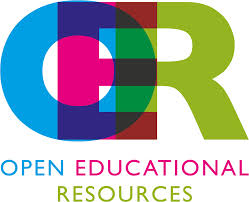Here are a few ways to celebrate Native American Heritage Month.
View a documentary about the contemporary experiences or history of Native Americans available via Healey Library streaming video databases.
“Up Heartbreak Hill chronicles the lives of three Native American teenagers in Navajo, New Mexico-Thomas, an elite runner; Tamara, an academic superstar; and Gabby, an aspiring photographer-as they navigate their senior year at a reservation high school.”
“The story begins with the opening decades of expansion, key technological advances, and the uprooting of the native people through the Civil War period. It then examines the four-year period immediately following the Civil War to the completion of the transcontinental railroad. The conclusion traces the sequence of events leading to the battle of the Little Big Horn, the oppression of Native American tribes, the rise of the Ghost Dance religion and the massacre at Wounded Knee.”
“In Whose Honor? takes a critical look at the long-running practice of “honoring” American Indians as mascots and nicknames in sport. It follows Native American mother Charlene Teters, and her transformation into the leader some are calling the “Rosa Parks of American Indians” as she struggles to protect her cultural symbols and identity.”
Read a book about Native American history or literature.
Green, Thomas A., ed. Stories from the American Mosaic: Native American Folktales. Santa Barbara: ABC-CLIO, 2008. ProQuest ebrary. Web. 13 November 2015.
Mann, Charles C. 1491: New Revelations of the Americas Before Columbus. New York: Knopf, 2005. Print.
Treuer, David. Native American Fiction: A User’s Manual. Saint Paul: Graywolf Press, 2006. Print.


